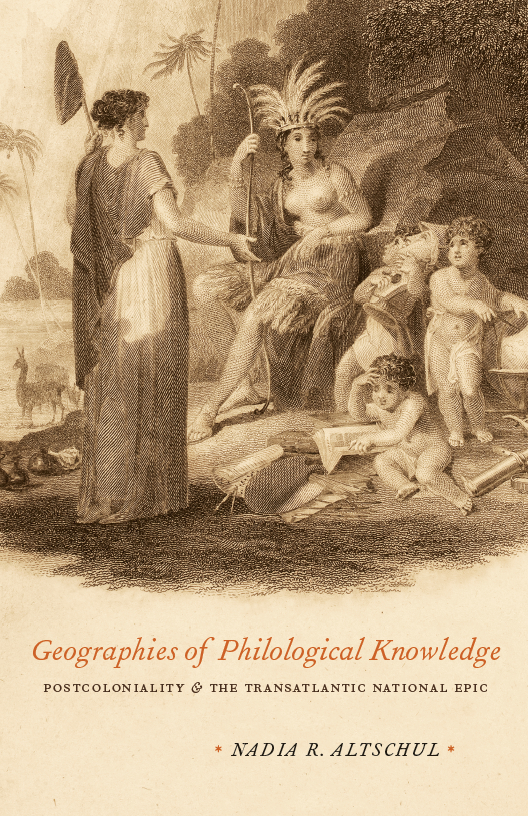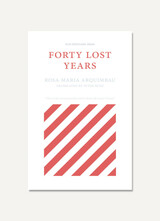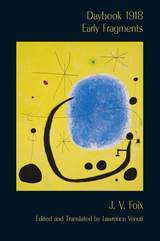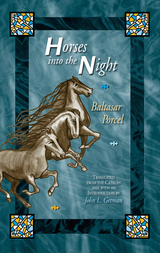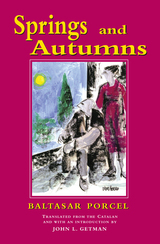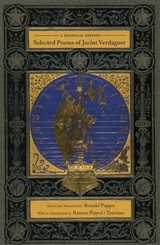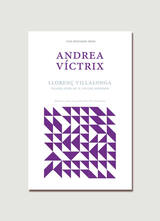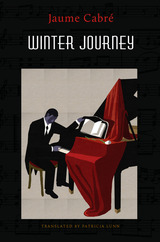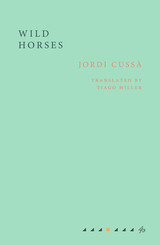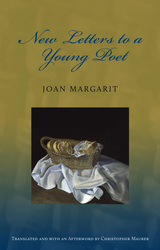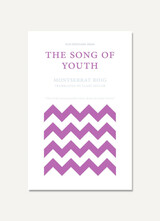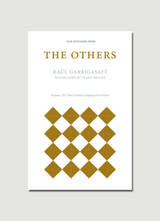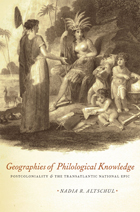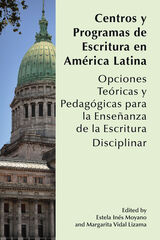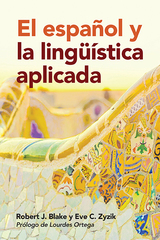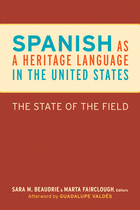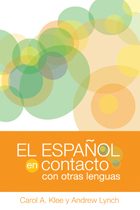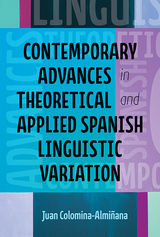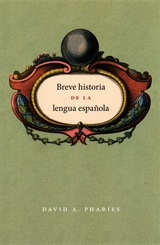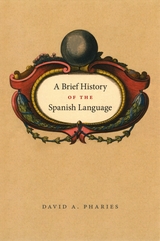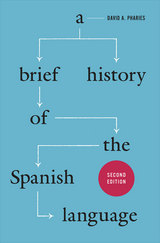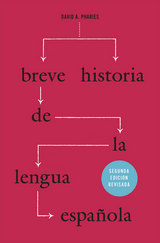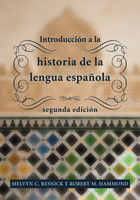Geographies of Philological Knowledge: Postcoloniality and the Transatlantic National Epic
University of Chicago Press, 2012
Cloth: 978-0-226-01621-4 | eISBN: 978-0-226-01619-1
Library of Congress Classification PC4060.L29A48 2012
Dewey Decimal Classification 409.2
Cloth: 978-0-226-01621-4 | eISBN: 978-0-226-01619-1
Library of Congress Classification PC4060.L29A48 2012
Dewey Decimal Classification 409.2
ABOUT THIS BOOK | AUTHOR BIOGRAPHY | REVIEWS | TOC | REQUEST ACCESSIBLE FILE
ABOUT THIS BOOK
Geographies of Philological Knowledge examines the relationship between medievalism and colonialism in the nineteenth-century Hispanic American context through the striking case of the Creole Andrés Bello (1781–1865), a Venezuelan grammarian, editor, legal scholar, and politician, and his lifelong philological work on the medieval heroic narrative that would later become Spain’s national epic, the Poem of the Cid. Nadia R. Altschul combs Bello’s study of the poem and finds throughout it evidence of a “coloniality of knowledge.”
Altschul reveals how, during the nineteenth century, the framework for philological scholarship established in and for core European nations—France, England, and especially Germany—was exported to Spain and Hispanic America as the proper way of doing medieval studies. She argues that the global designs of European philological scholarship are conspicuous in the domain of disciplinary historiography, especially when examining the local history of a Creole Hispanic American like Bello, who is neither fully European nor fully alien to European culture. Altschul likewise highlights Hispanic America’s intellectual internalization of coloniality and its understanding of itself as an extension of Europe.
A timely example of interdisciplinary history, interconnected history, and transnational study, Geographies of Philological Knowledge breaks with previous nationalist and colonialist histories and thus forges a new path for the future of medieval studies.
See other books on: Geographies | Medievalism | Middle Ages | Postcolonialism | Spanish & Portuguese
See other titles from University of Chicago Press
